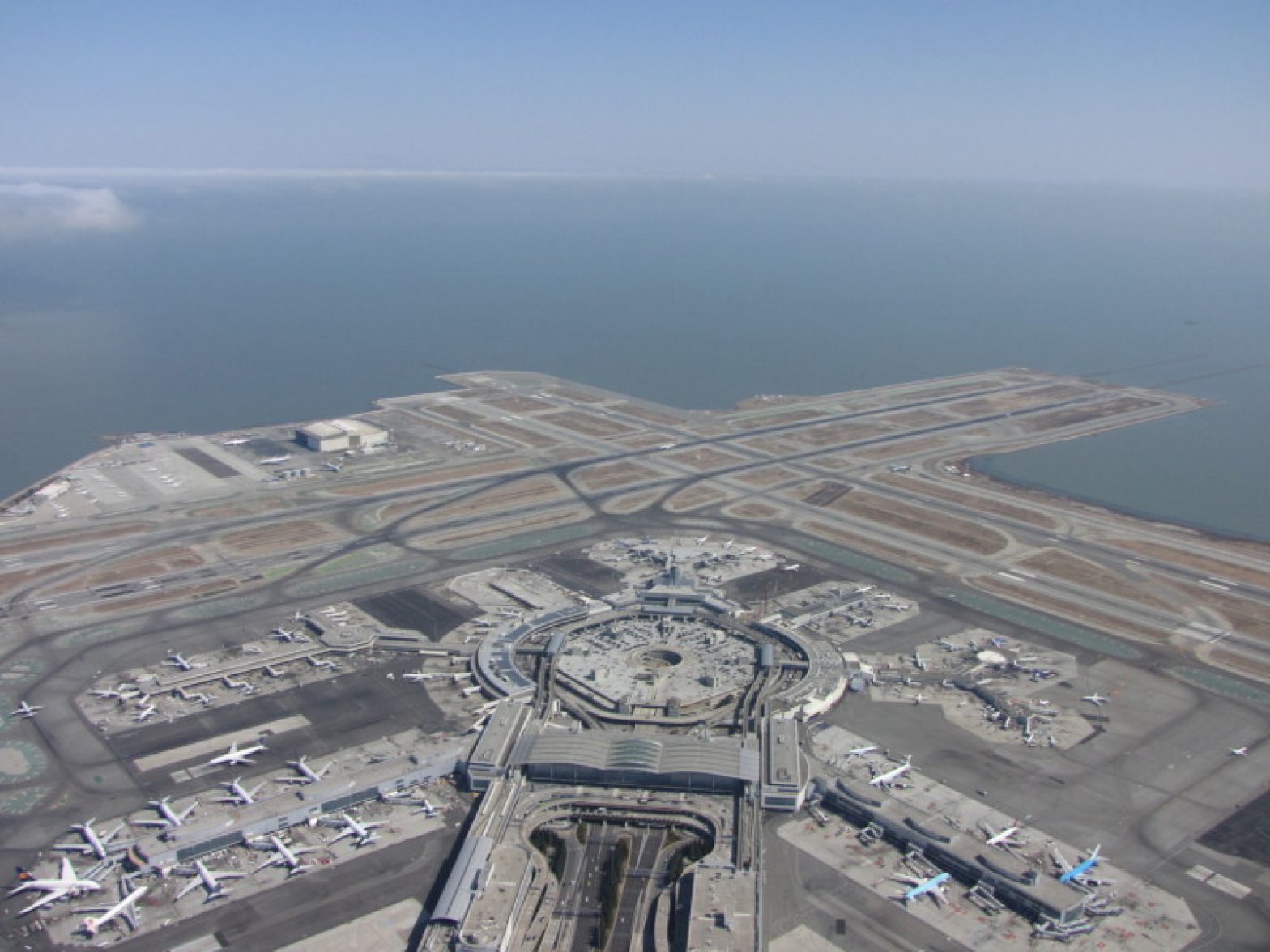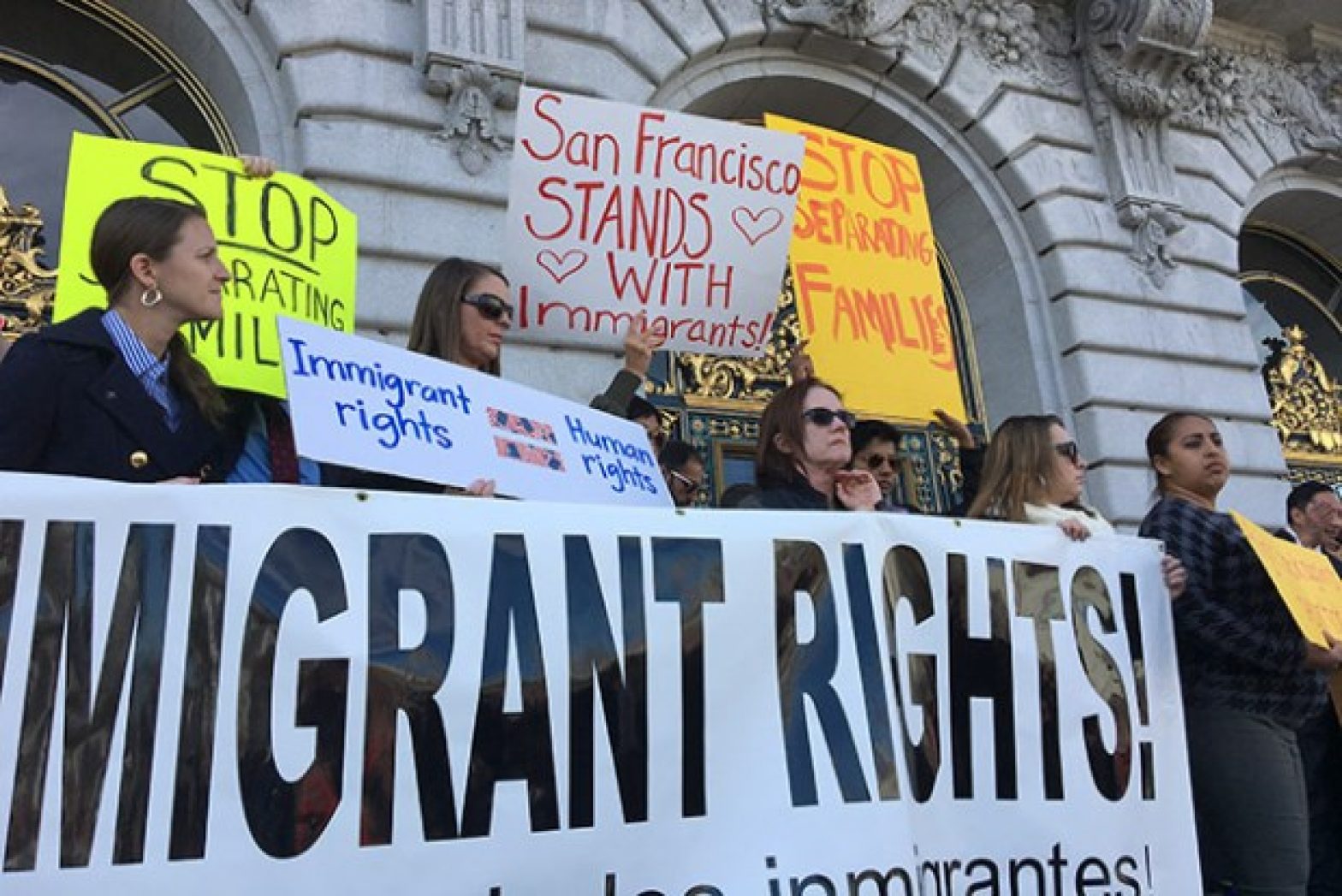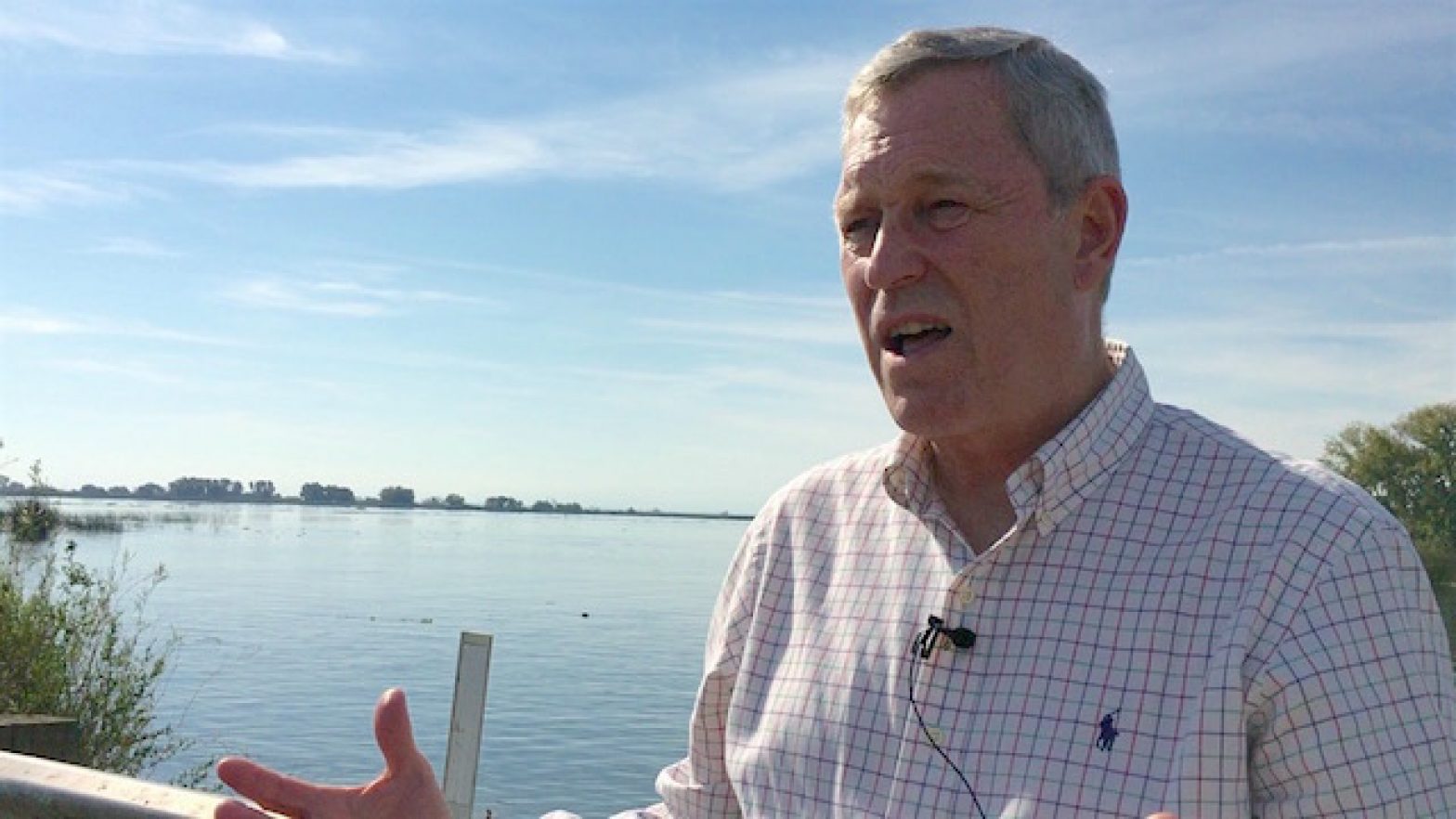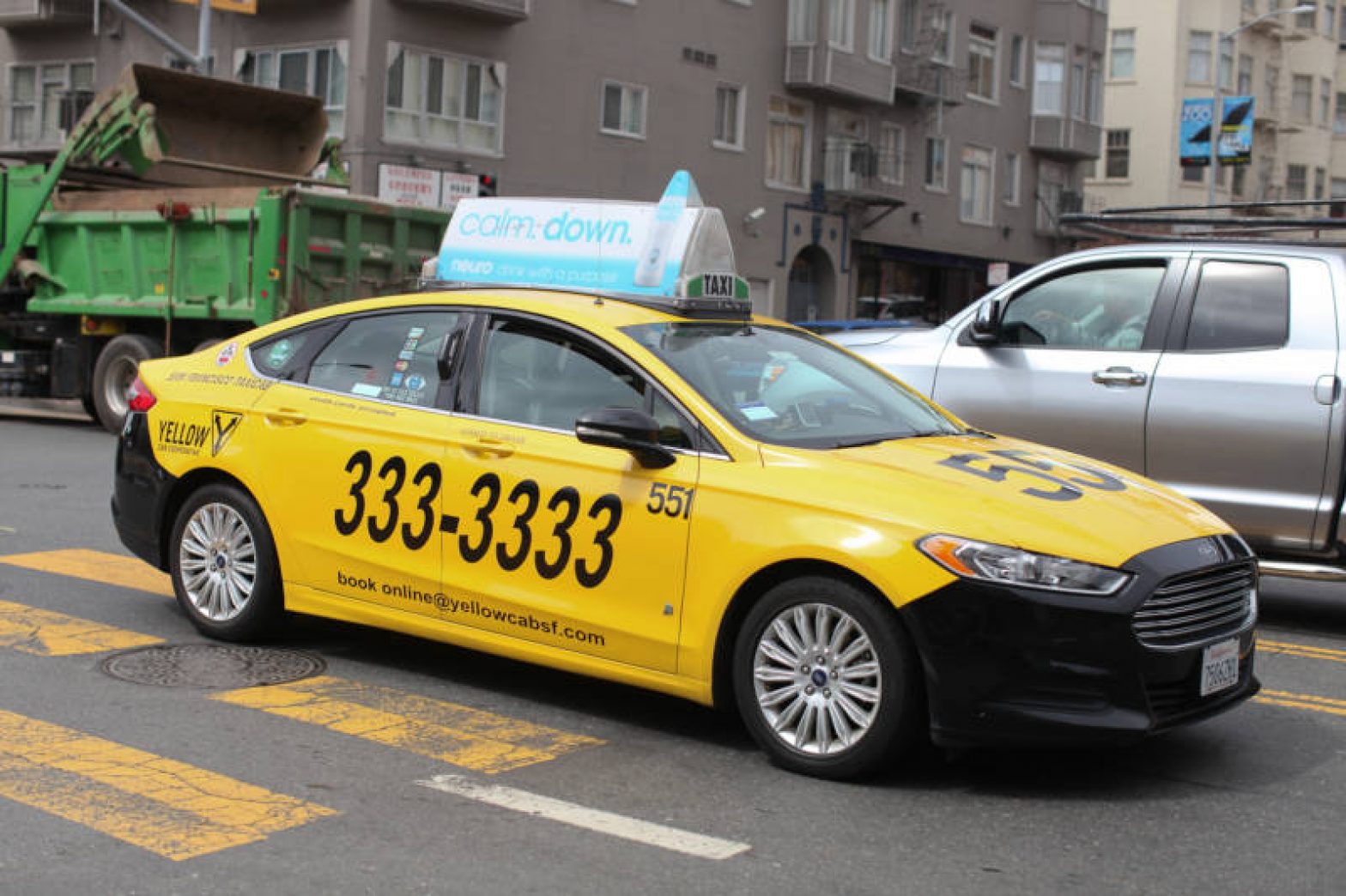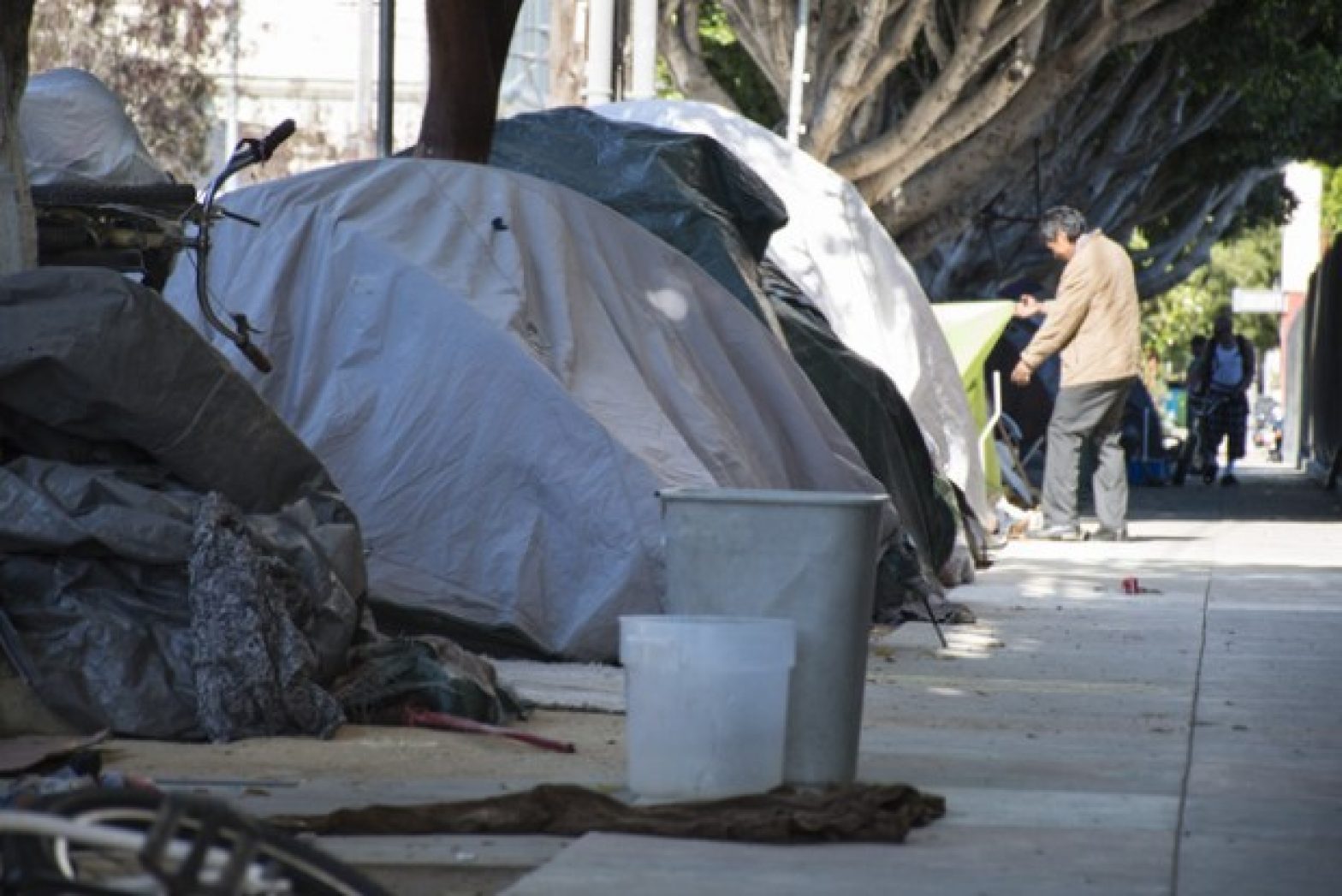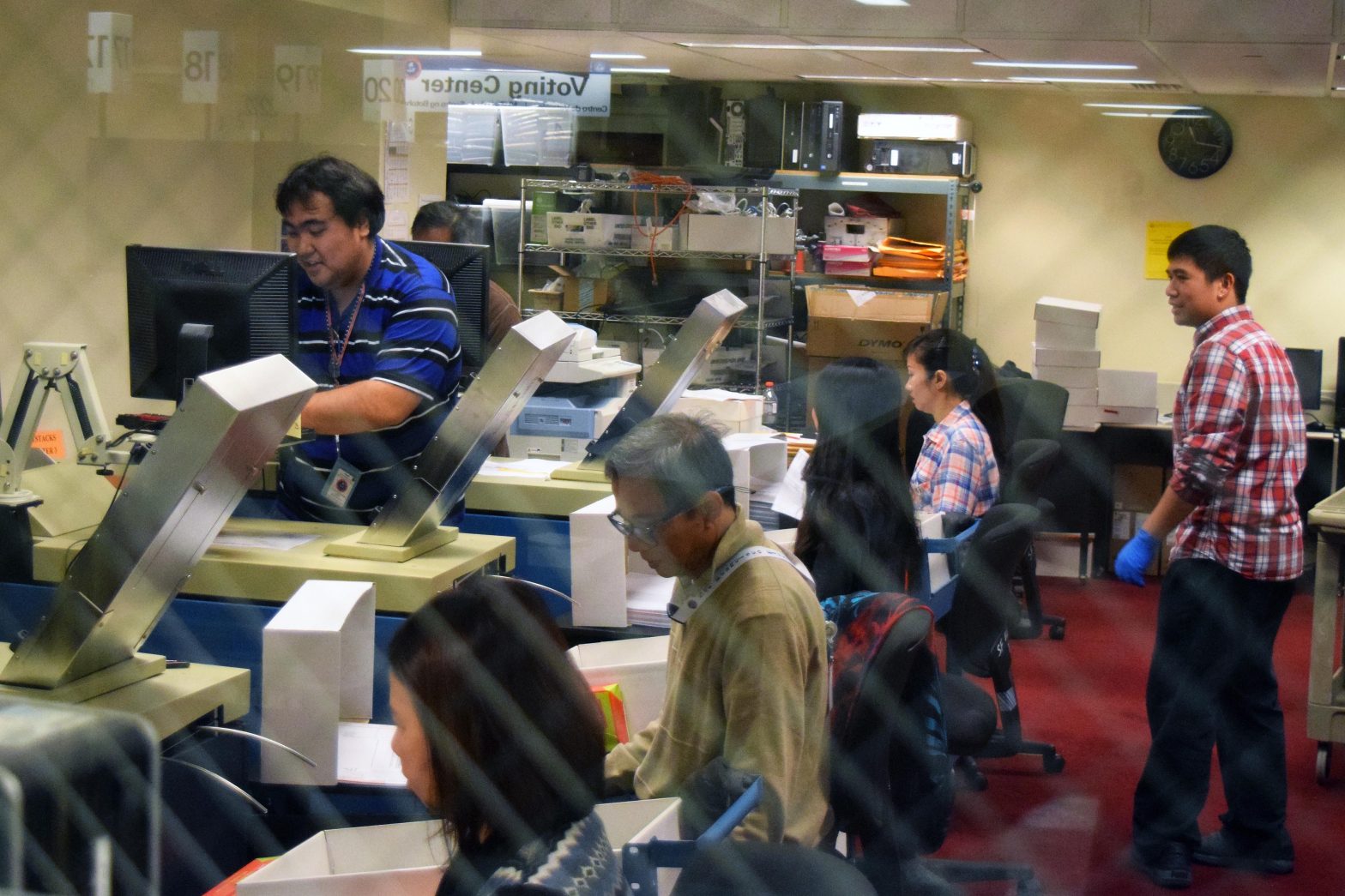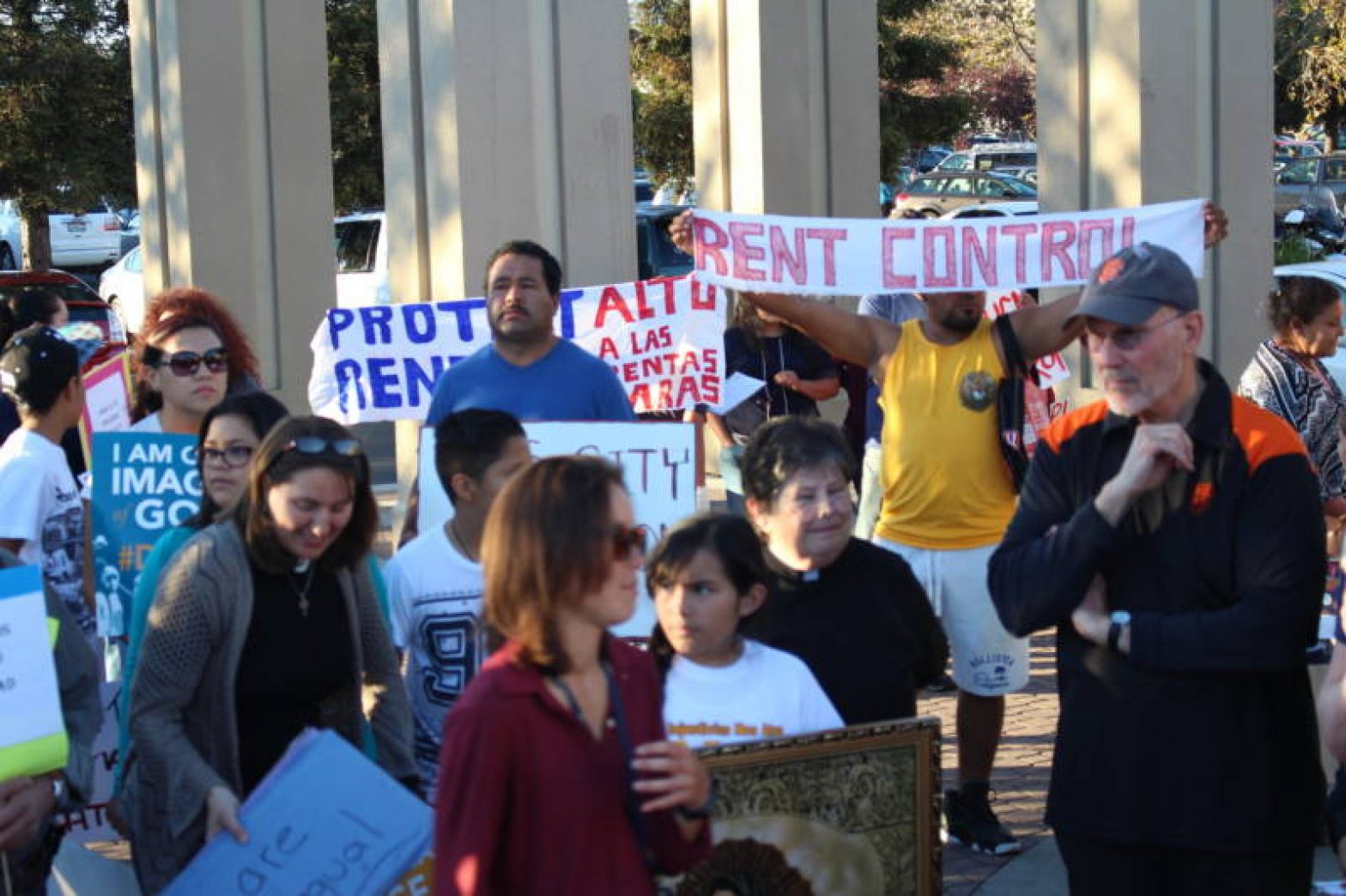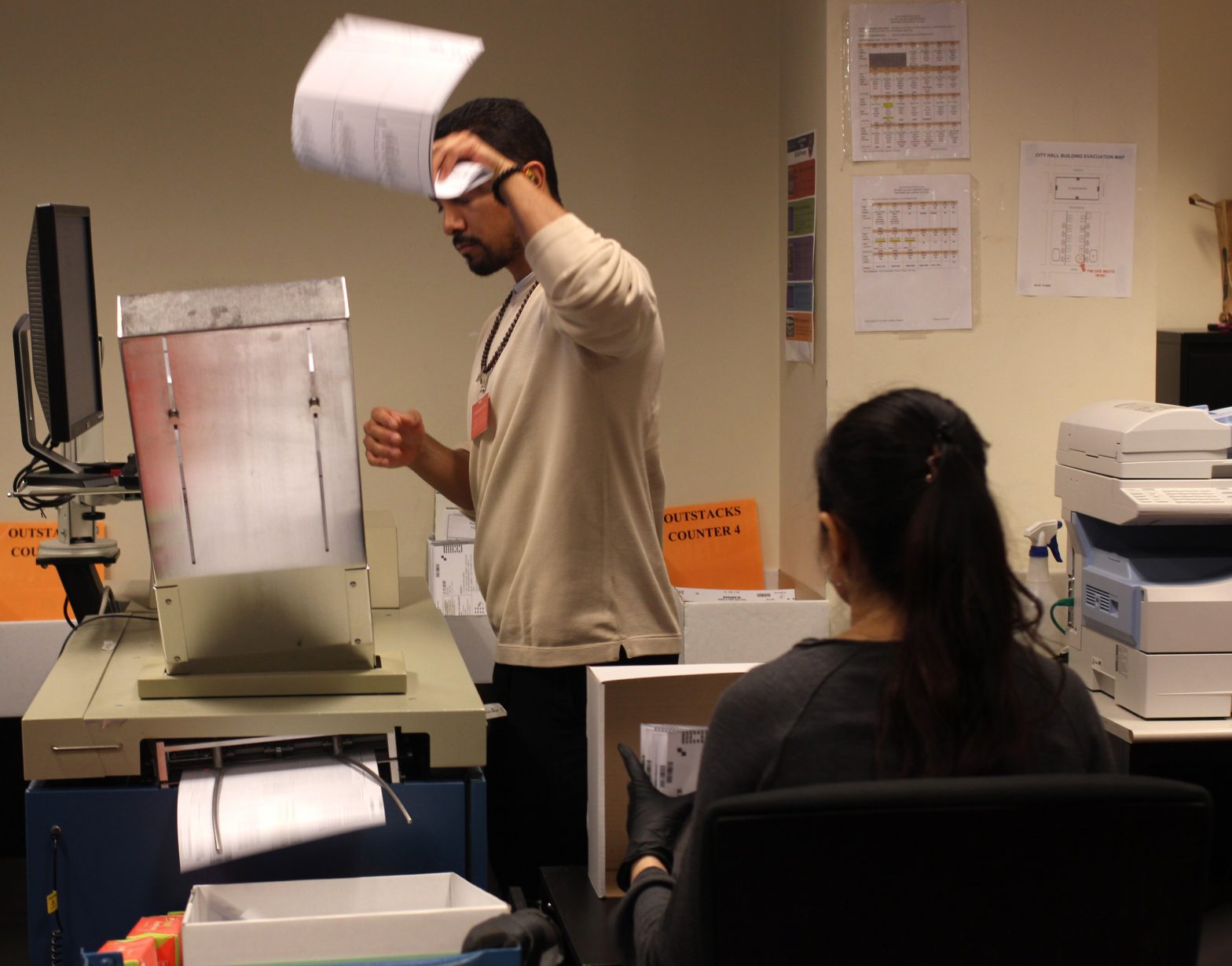News
SFO Grappling With Emergency Repairs to Eroded Seawall
By Ted Goldberg, KQED News Fix/The California Report
Amid heightened concerns about rising sea levels around the Bay Area, San Francisco International Airport officials are scrambling to make emergency repairs to a seriously damaged concrete wall that protects SFO’s airfield from the bay. The airport’s top official called the damage to the seawall along SFO’s perimeter “an imminent threat to airport property” in a letter to the Airport Commission in September. Read the complete story at KQED News Fix/The California Report. For more information on rising sea levels, read the 2015 San Francisco Public Press special report, “Building on the Bay: Sea Level Rise Threatens Waterfront Development.”
